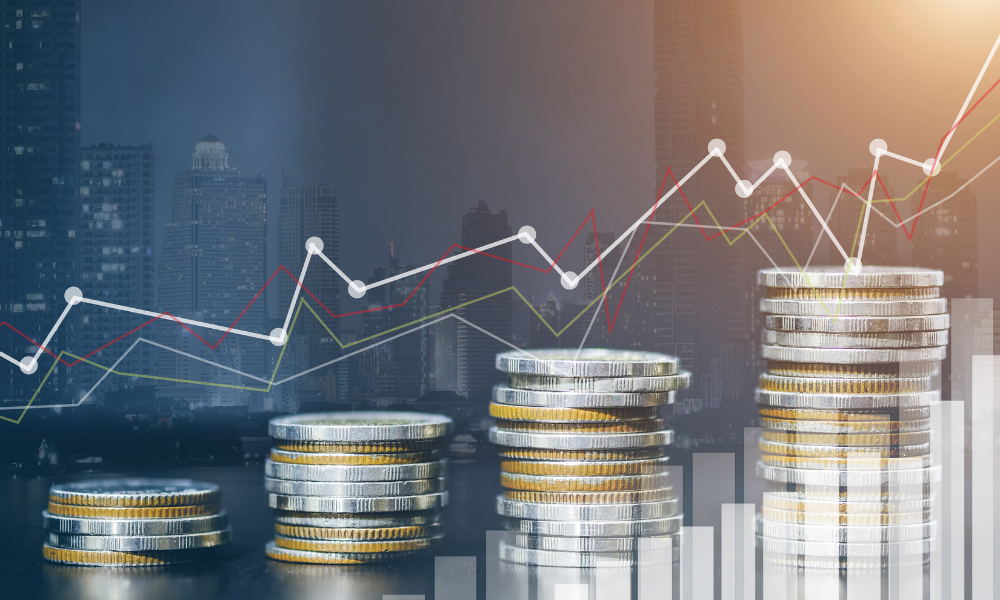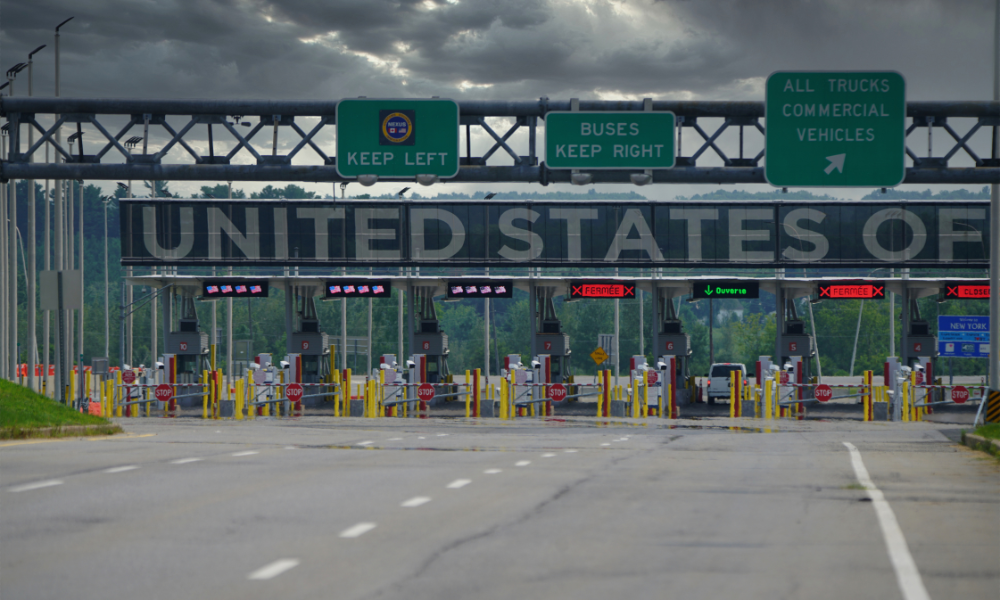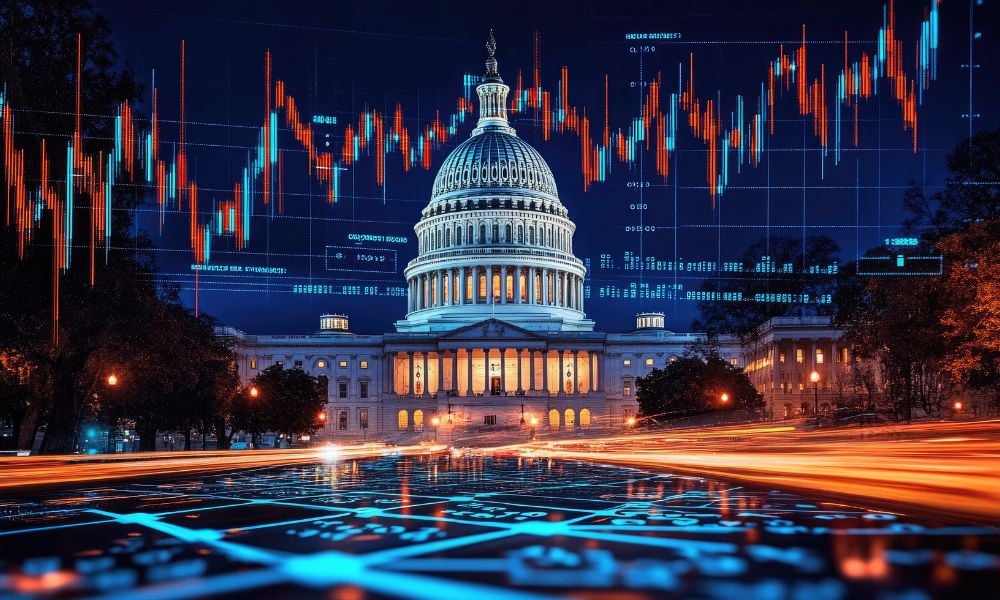Investors position for potential policy changes, from tech benefits to tariff risks for retailers

With speculation mounting on how a second Trump administration could impact the US economy, Wall Street investors are already positioning themselves for potential shifts.
According to BNN Bloomberg, companies in banking, fossil fuels, and sectors likely to benefit from lower tax rates and lighter regulation have seen a boost in stock prices since Election Day.
However, uncertainties remain, particularly for retailers facing potential tariff-related cost increases. Here’s an analysis of Wall Street's current bets across different industries.
Technology
During Trump’s first term, technology stocks benefitted from tax policies but faced challenges due to the administration's stance on immigration and trade.
With anticipated loosening of antitrust regulations, major tech firms like Google, Apple, and Amazon might resume mergers and expansions, while AI development could gain support as Trump is expected to emphasize this field in competition with China.
However, potential tariffs on international sales and the scaling back of semiconductor production initiatives pose risks, especially for companies like Nvidia.
Retail
Retailers are wary of Trump’s trade proposals, which include high tariffs on imported goods. According to Neil Saunders of GlobalData, such tariffs could pressure retailers to either raise prices or accept profit declines.
Retailers like Steve Madden are already adjusting supply chains to reduce dependency on China. The National Retail Federation projects higher prices for US consumers if these tariffs take effect, potentially raising the price of a pair of jeans from US$80 to around US$96.
Energy
Trump’s pro-drilling stance could benefit traditional energy companies, particularly those involved in oil and gas. Firms like Haliburton and Schlumberger may gain from expanded drilling in regions like the Gulf of Mexico, while natural gas companies could see growth in facility and pipeline projects.
However, renewable energy companies might face setbacks if Trump reduces tax incentives, which could hinder the growth of companies like First Solar and electric vehicle manufacturers.
Health Care
A second Trump administration may ease restrictions on health care mergers and provide regulatory relief for insurers involved in Medicare Advantage plans.
According to Morningstar, some drugmakers may see less pressure on revenues, while health insurers participating in Medicaid or ACA marketplaces could face challenges if Republicans alter the ACA.
Proposed changes could result in declining marketplace enrollments as subsidies are set to expire next year.
Automotive
Automakers anticipate regulatory relief, such as the rollback of emission standards, which could allow companies like Ford, GM, and Stellantis to sell less fuel-efficient vehicles without penalties. Tariffs on Mexican imports, however, remain a concern, as they could disrupt operations and increase costs.
Companies would likely pass these costs to consumers, who already face high vehicle prices. Additionally, potential cuts to EV tax credits may slow electric vehicle adoption.
Banking
Banks are expected to gain from Trump's possible easing of financial regulations, a shift likely to encourage lending and support for investment banks like Goldman Sachs.
According to Mike Mayo from Wells Fargo, Trump's policies could reduce regulatory burdens for banks, potentially reviving deal-making and facilitating mergers, such as the pending Capital One-Discover deal. Regional banks could also benefit if economic growth spurs small business creation.
Construction
Construction companies may see mixed results, with relaxed regulations potentially aiding development while higher material costs pose challenges.
Homebuilders like KB Home and PulteGroup could benefit from new incentives, though increased raw material prices, potentially driven by steel tariffs, may impact profitability.
Trump’s stance on immigration could exacerbate labour shortages, further complicating project timelines and costs.
Cryptocurrency
Trump’s new stance on cryptocurrency has triggered optimism among crypto investors. With Trump pledging to make the US a leader in crypto and create a “strategic reserve” of bitcoin, crypto assets like bitcoin surged, reaching over US$86,000, while Coinbase shares rose by 60 percent post-election.
Trump’s victory could lead to regulatory shifts, including the possible removal of SEC chair Gary Gensler, which may ease industry restrictions.
Investors are cautious, however, as not all campaign promises translate into policy. Professional investors warn against relying solely on election rhetoric, as the US stock market’s long-term performance typically hinges more on profit growth than on short-term political shifts.



